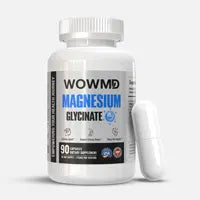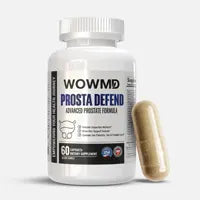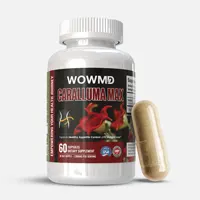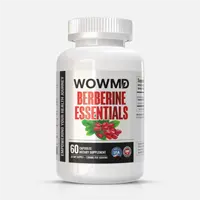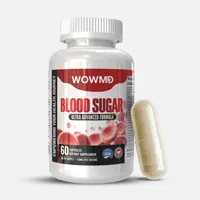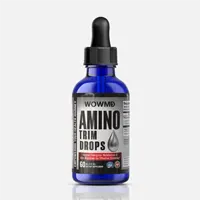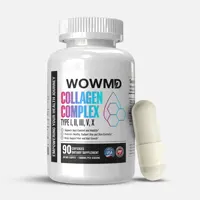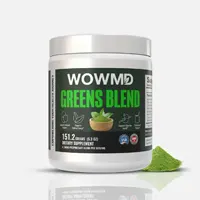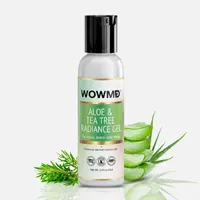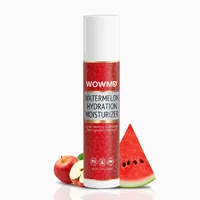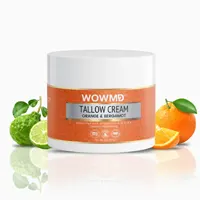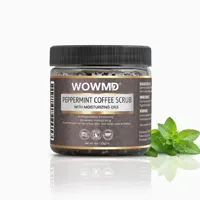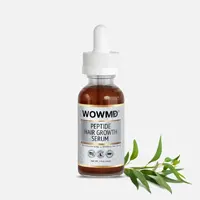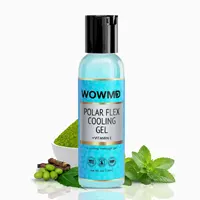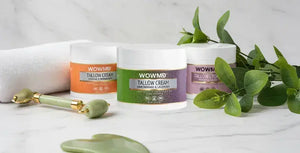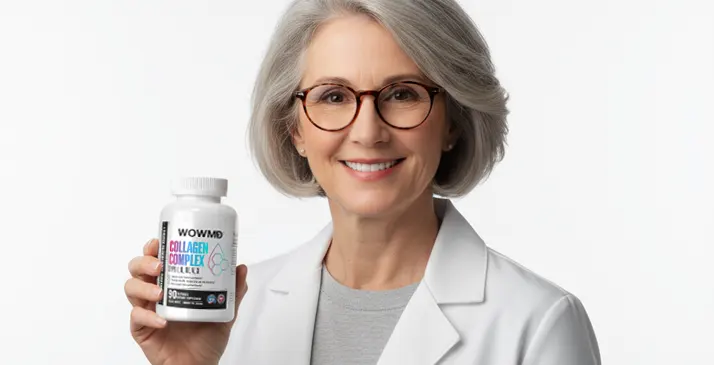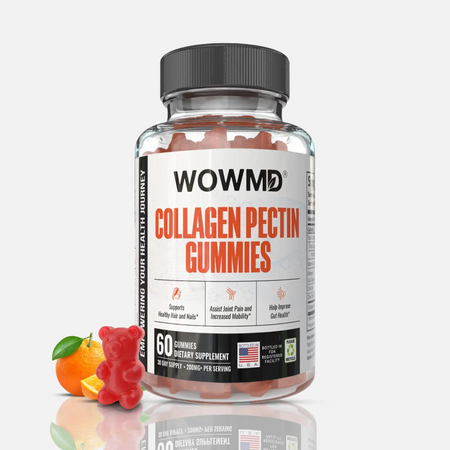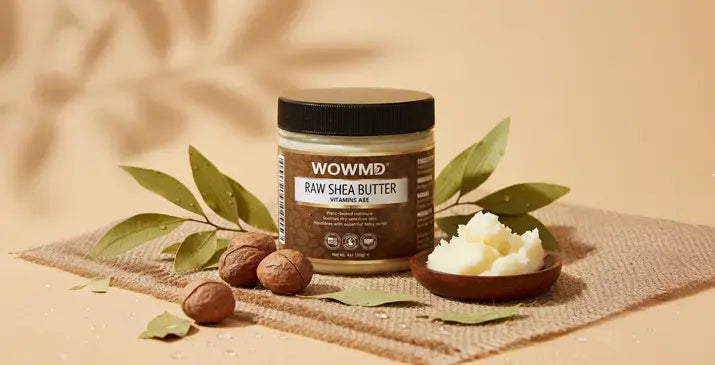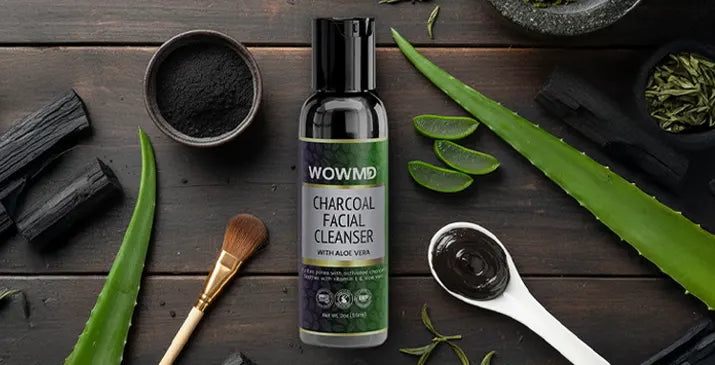Best Collagen Supplements for Women Over 50: Boost Skin, Joints, and Hair Health
Explore a complete guide to choosing collagen supplements tailored for women over 50. Understand different types and how they help with skin, joint health, and more.
Advertiser Disclosure: WOWMD independently vets all recommended products. If you purchase a featured product, we may be compensated. Learn why you can trust us.
You May Also Like
Popular Stories
- Superfood Greens Powder Uses & Recipes
- The Best Beef Tallow Products for Radiant Skin: A 2026 Guide
- Holy Basil : Ayurveda’s Herb for Balance, Immunity & Everyday Calm
- Best Gel Moisturizers for Hydration & Skin Care in 2026
- 7 Best Effective Supplements for Improving Bladder and Prostate Health in 2026
- 4 Best Cooling Gels for Skin and Body: Instant Refreshment and Relief
References
WOWMD follows strict sourcing guidelines to ensure the accuracy of its content, outlined in our editorial policy. We use only trustworthy sources, including peer-reviewed studies, qualified experts, and information from top institutions.
- Exploring the Impact of Hydrolyzed Collagen Oral Supplementation on Skin Rejuvenation: https://doi.org/10.7759/cureus.50231
- Current Insights into Collagen Type I https://pmc.ncbi.nlm.nih.gov/articles/PMC8399689/
- Collagen Type II: From Biosynthesis to Advanced Biomaterials for Cartilage Engineering https://pmc.ncbi.nlm.nih.gov/articles/PMC9934443/
- Impact of Specific Bioactive Collagen Peptides on Joint Discomforts in the Lower Extremity during Daily Activities: A Randomized Controlled Trial https://doi.org/10.3390/ijerph21060687
- Type III Collagen (COL3A1): Gene and Protein Structure, Tissue Distribution, and Associated Diseases https://pmc.ncbi.nlm.nih.gov/articles/PMC6579750/
- Specific Collagen Peptides Improve Bone Mineral Density and Bone Markers in Postmenopausal Women—A Randomized Controlled Study https://doi.org/10.3390/nu10010097
- Effect of a Daily Collagen Peptide Supplement on Digestive Symptoms in Healthy Women: 2-Phase Mixed Methods Study https://doi.org/10.2196/36339
- Collagen Peptide Supplementation in Combination with Resistance Training Improves Body Composition and Increases Muscle Strength in Elderly Sarcopenic Men: A Randomised Controlled Trial https://doi.org/10.1017/s0007114515002810
- Effects of Collagen Peptide Supplementation on Cardiovascular Markers: A Systematic Review and Meta-Analysis of Randomised, Placebo-Controlled Trials https://doi.org/10.1017/s0007114522001301
- Oral Supplementation with Specific Bioactive Collagen Peptides Improves Nail Growth and Reduces Symptoms of Brittle Nails https://doi.org/10.1111/jocd.12393
 Alpha Man Power Pack
Alpha Man Power Pack All-Day Fat Burn Trio
All-Day Fat Burn Trio Better Immunity Bundle
Better Immunity Bundle  Calm & Sleep Duo
Calm & Sleep Duo Cognitive Health & Vision Combo
Cognitive Health & Vision Combo Complete Weight Loss Bundle
Complete Weight Loss Bundle Core Vitality Trio
Core Vitality Trio Energy Booster Combo
Energy Booster Combo Focus Fuel Trio
Focus Fuel Trio Glow & Balance Duo
Glow & Balance Duo Health Balance Trio
Health Balance Trio Heart Care Bundle
Heart Care Bundle Joint Health Support Combo
Joint Health Support Combo Men's Immunity & Prostate Health Bundle
Men's Immunity & Prostate Health Bundle Metabolism Boost Duo
Metabolism Boost Duo Natural Skin Care Bundle
Natural Skin Care Bundle Peak Performance Duo
Peak Performance Duo Relax & Recharge Duo
Relax & Recharge Duo Skin Detoxification Bundle
Skin Detoxification Bundle Smart Energy Trio
Smart Energy Trio Stress + Energy + Wellness Combo
Stress + Energy + Wellness Combo  Total Burn Ignite Trio
Total Burn Ignite Trio Total Harmony Pack
Total Harmony Pack Workout Supplements Combo
Workout Supplements Combo